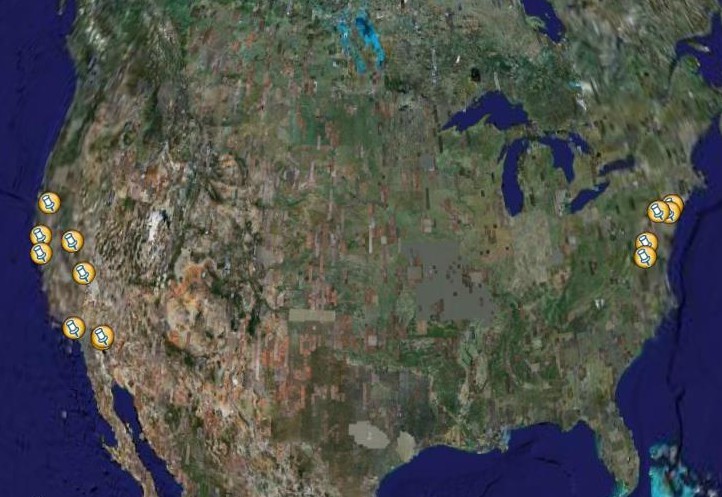
This afternoon I saw Fox News über-idiot John Gibson frothing at the mouth over Southwestern pizza chain
Pizza Patrón's
announcement that it would begin accepting Mexican pesos at its 59 locations, mostly in Texas.
Gibson's guest was Texas State Senator
Dan Patrick, who represents an area of Greater Houston and finds it unacceptable that a private business can perform financial transactions using whichever currency it deems necessary. (Looking
a map of his District 7, it's not clear whether there are any Pizza Patrón
locations within its boundaries.) And why would he be so upset? Patrick's defense of his position was indefensible. He said several times,
"We're losing our culture here."Now I am not usually one to go around calling people racists. (I'm with
Eggers, for one.) But how, exactly, could that statement not be racist? Who is losing which culture?
Especially when we're talking about selling Italian food! Appalling.
Oh, and by the way, I wonder if he's ever been to Tijuana. Or Canada.

FMFM:
Wilbur De Paris Plays/Jimmy Witherspoon Sings: New Orleans Blues, Atlantic 1266. I first heard this one while browsing the racks at
Jack's Record Cellar, the joint on Page Street where
Roy Loney works (worked?) sometimes. A big man with a cane, who doesn't work
there but has been hanging out with the owner every time I've walked in, had brought in a copy and they were spinning it. I asked if it was for sale and they said no, although I noted the "Amoeba $2.99" sticker on it. The owner commented that it was "a pretty obscure Witherspoon" and noted that sometimes Amoeba Records lets this sort of thing get by the goalie.
Well I looked around for that record, remembering only that it was a Jimmy Witherspoon record on Atlantic, for almost two years. Complicating matters was the apparent fact that Jimmy Witherspoon
never made any records for Atlantic. (We're entering
Borges territory here.)
Finally, one day, it appeared in the New Arrivals bin at Amoeba, sealed in a plastic bag, with the word "HIGHLY" printed by hand above the "Recommended By Amoeba Staff" sticker. Unfortunately I wasn't feeling the $30 price tag that day, but at least now I knew what I was looking for. eBay wasn't much help (
$80?!?), but
a Google search yielded the mysterious
WeGotRecords.com, apparently operated by a man named Bill in Florida. Apparently he had a $4 copy, with the jacket a little rough but the record more than satisfactory. I called him up; he said he still had it.
("Hey, why don't you throw in the $3 copy of The Exciting Wilson Pickett too?") He asked me to PayPal him $10 total, including shipping, and he'd drop both records in the mail later that day. No receipt? No invoice? No problem. Deep breath. Send the fellow $10.
When I came back from Christmas it had arrived by U.S. mail, and it still sounds like it did that day in Jack's Record Cellar: lazy-river-tempo New Orleans jazz, with a major-league blues singer up front. How the heck do these things fall out of print?
(I admit the search may have been a
little more satisfying than the product, but damn, what a great session. And
Tommy Dowd was there for it too.)









